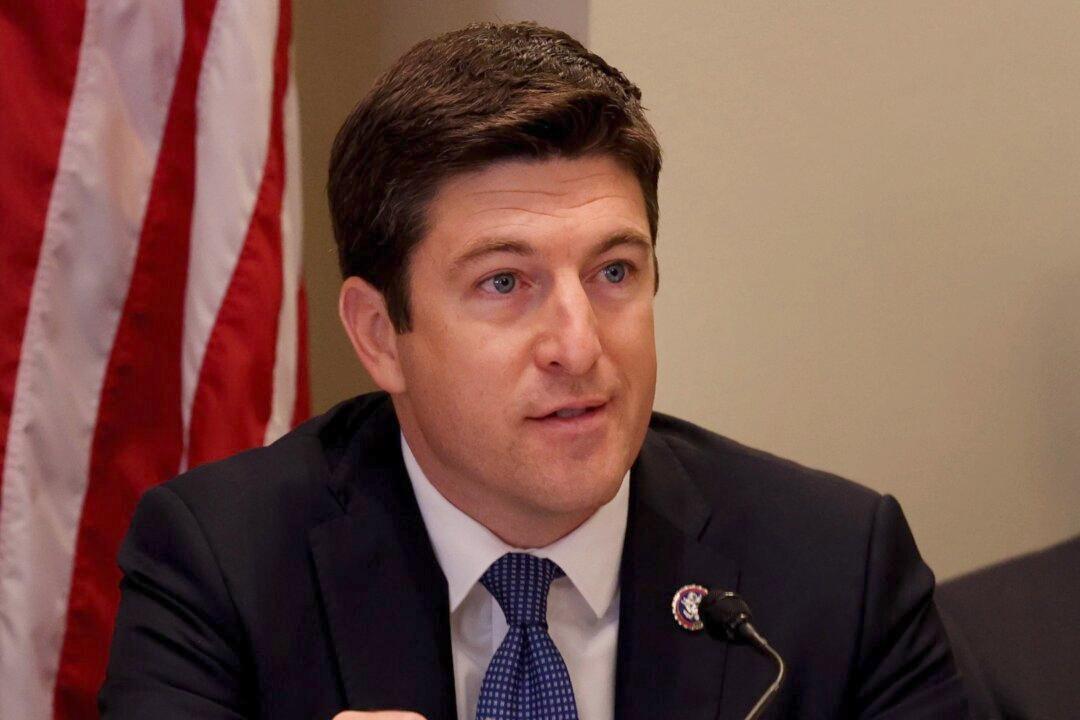House Administration Committee Chairman Bryan Steil (R-Wis.) said a New York district attorney leading the investigation to potentially arrest former President Donald Trump is facing a deadline to answer questions before three congressional panels.
“We gave him until Thursday to come forward,” Steil told Breitbart News in an exclusive interview about the push to demand answers from Manhattan District Attorney Alvin Bragg. “We look forward to his response.”





